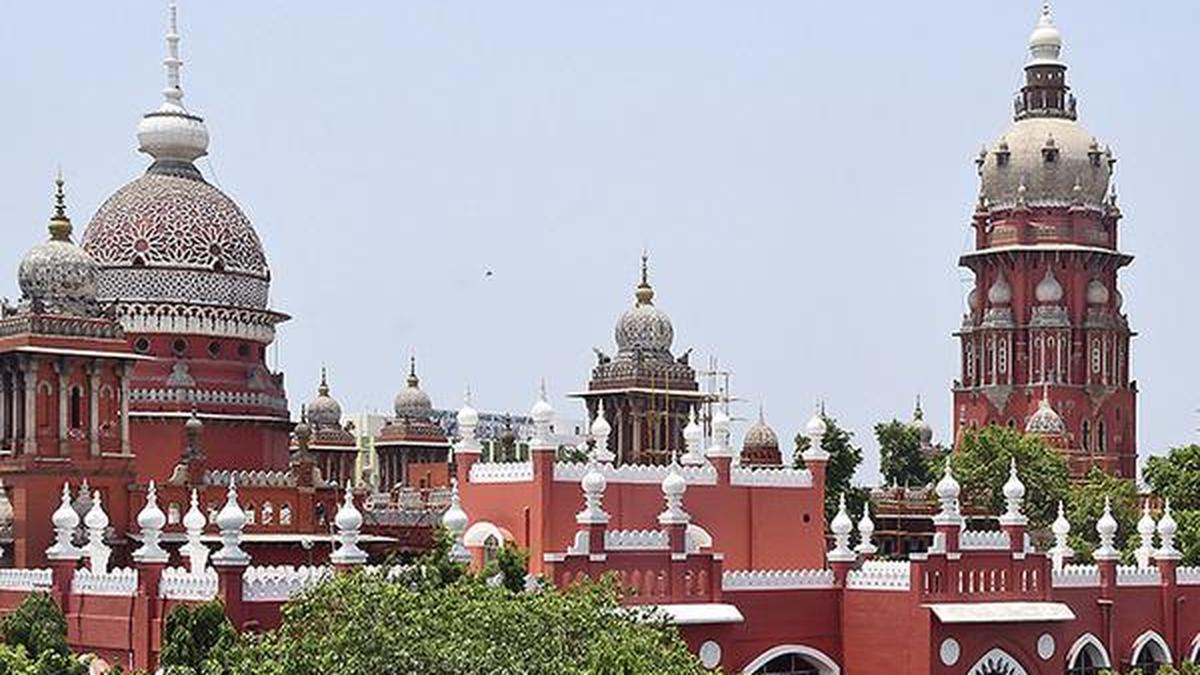
Ex-parte interim orders cannot be passed in a casual manner, cautions Madras High Court
The Hindu
Madras High Court Chief Justice's Bench cautions courts in Tamil Nadu and Puducherry against casual ex-parte orders.
The Madras High Court Chief Justice’s Bench has cautioned all the courts in Tamil Nadu and Puducherry against passing ex-parte interim orders in a casual manner and without due consideration to the loss that an individual/entity suffering and such an order would have to undergo until the orders get vacated.
The first Division Bench comprising Chief Justice K.R. Shriram and Justice Senthilkumar Ramamoorthy made it clear that ex-parte orders could be passed only if there was a grave urgency and that too after obtaining an undertaking from the petitioners to make good the loss if their cases get dismissed ultimately.
“The courts must endeavour to ensure that even-handed justice is given to both the parties,” the Bench said while staying the operation of an ex-parte interim injunction, granted by a Coimbatore Commercial Court, restraining a private company from manufactuing goods/rendering services using the word ‘Anugraha.’
The judges said, there was no need for the Commercial Court to pass such an “harsh ex-parte order” when the GST registration certificate, PAN card, electricity connection, quality approvals, Engineering Export Promotion Council certificate and all other approvals had been issued only in the name of Anugraha Castings.
The Bench also took note that Anugraha Castings had been in existence since 2018 but a trademark infringement suit against it was filed by Anugraha Valve Castings Private Limited, before the Commercial Court, only in 2025 though the latter had issued a caution notice as early as in September 2021.
“Therefore, the Commercial Court need not have passed the “extremely harsh” ex-parte interim order on January 20, 2025 especially when no case had been made out for granting such an interim injunction without ordering notice to the other side,” the Division Bench said.
“We only hope that courts exercise restraint while passing such orders. An ex parte order can have disastrous consequences and should be passed only in case of real emergency and there are averments to that effect in the plaint or affidavit and after adverting to those averments. It should not be done in a routine manner as it has been done in this case,” the Bench wrote.





















 Run 3 Space | Play Space Running Game
Run 3 Space | Play Space Running Game Traffic Jam 3D | Online Racing Game
Traffic Jam 3D | Online Racing Game Duck Hunt | Play Old Classic Game
Duck Hunt | Play Old Classic Game











